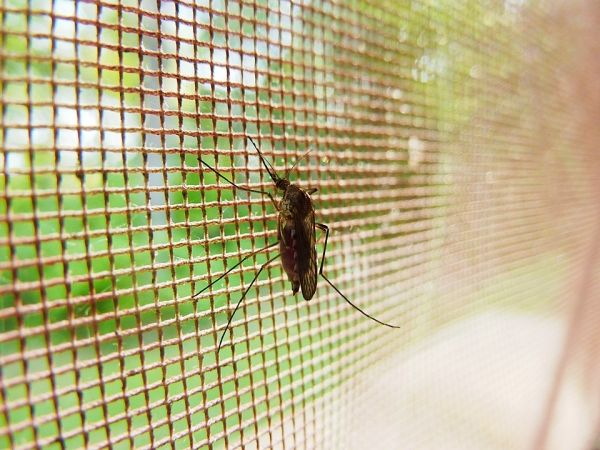In many parts of the world, mosquitoes are a common summertime nuisance.
But in places on the front lines of climate change, these disease-spreading insects may one day be a year-round problem, according to new research from the University of Florida.
“In tropical regions, mosquitoes are active all year, but that isn’t the case for the rest of the world. Outside of the tropics, winter temperatures cause mosquitoes to go into a kind of hibernation called diapause. We call these mosquitoes ‘cold bounded’ because their activity is limited by these lower temperatures,” said Brett Scheffers, senior author of the study and an assistant professor in the UF/IFAS wildlife ecology and conservation department.
“However, with climate change, we expect summers to get longer and winters to become shorter and warmer. What will that mean for those cold bounded mosquitoes? How will they respond?” Scheffers said.
Read more at University of Florida
Photo Credit: PublicDomainPictures via Pixabay


